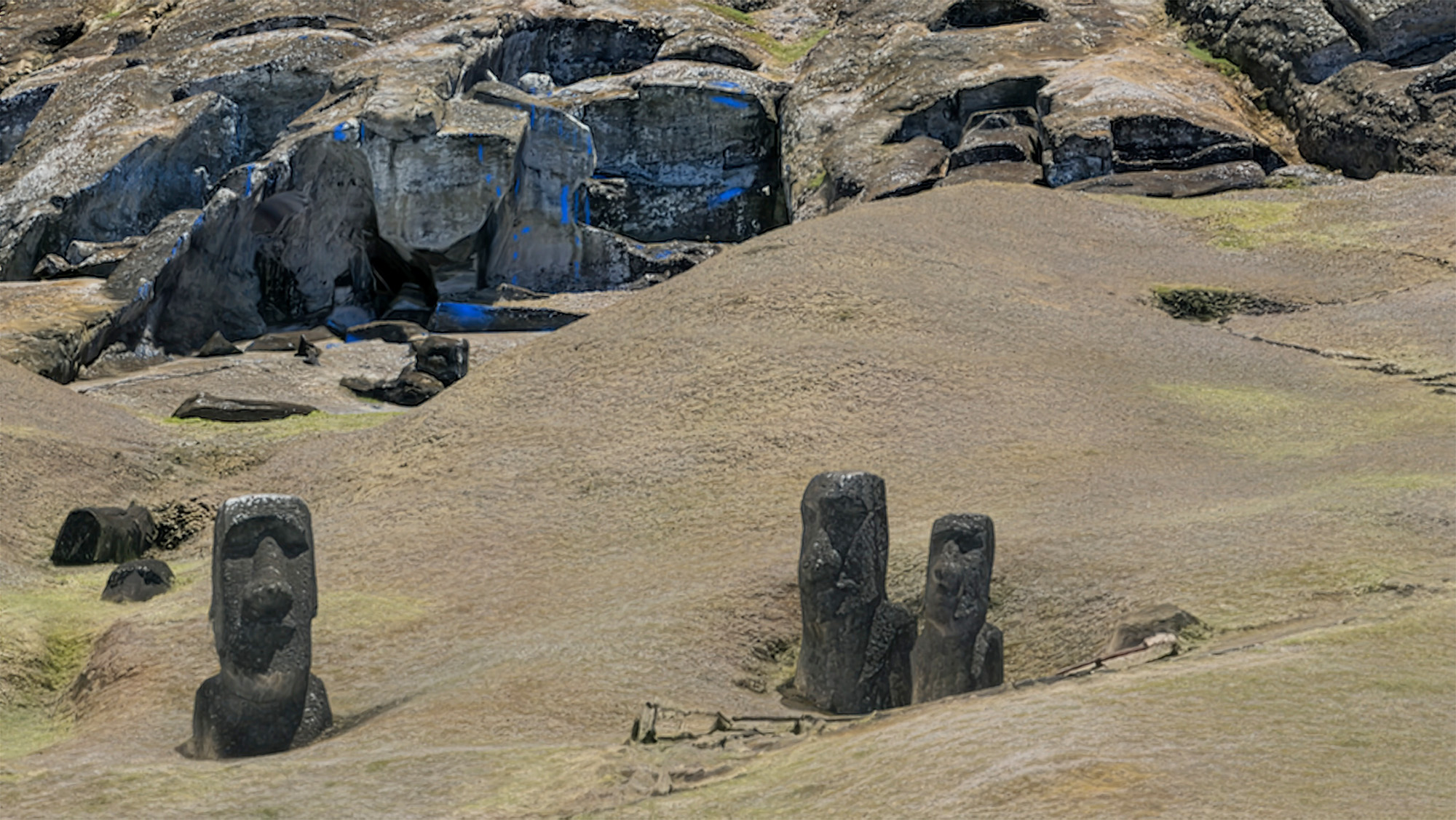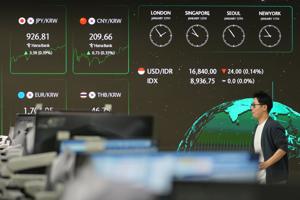
A recent report by the World Wildlife Fund (WWF) highlights a significant shift in the impact of consumer habits on the Amazon rainforest. For the first time, coffee consumption in Sweden has surpassed beef as the leading product contributing to deforestation. This finding underscores the complex relationship between local consumption patterns and global environmental consequences.
The study, which involved collaboration with Chalmers University of Technology, provides a comprehensive analysis of the factors driving deforestation in the Amazon. It details how both local and international trade practices are intricately linked to the degradation of one of the world’s most vital ecosystems.
Details of the Study
According to the WWF report, the impact of Swedish coffee consumption on deforestation has become increasingly pronounced. The data reveals that coffee production is now a more significant driver of rainforest loss than beef, which has historically been viewed as the primary agricultural threat to the Amazon.
The study attributes this shift to a combination of rising coffee demand in Sweden and the unsustainable practices often associated with its production. As consumers become more aware of the environmental implications of their choices, this report serves as a crucial reminder of the global interconnectedness of trade and ecological sustainability.
Implications for Global Trade
The findings emphasize the need for urgent action across various sectors. Policymakers, consumers, and businesses must recognize their roles in mitigating the environmental impact of their purchasing decisions. The WWF stresses that sustainable practices in coffee production could significantly reduce deforestation rates, therefore benefiting both the environment and local economies.
The report calls for increased transparency in supply chains and the adoption of more responsible sourcing practices. It aims to encourage Swedish consumers to consider the environmental footprint of their coffee, just as they would with beef or other commodities.
With the Amazon rainforest facing unprecedented threats, understanding the links between consumer habits and deforestation is vital. By addressing these connections, stakeholders can work towards more sustainable solutions that protect this critical ecosystem for future generations.
The findings from the WWF report mark a pivotal moment in the conversation about sustainability and consumer responsibility, highlighting the need for concerted efforts to combat deforestation and its far-reaching impacts.







